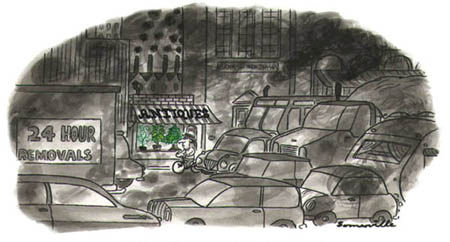WHO appealing to countries to increase their support for mental health services:
The World Health Organisation (WHO)Â is appealing to countries to increase their support for mental health services. The appeal is part of a series of six reviews on global mental health which has been published this week in the journal The Lancet. All the review papers and commentaries included in The Lancet Global Mental Health Series can be accessed without payment at the following weblink. The Lancet Global Mental Health Series
- Mental, neurological and behavioural disorders are common to all countries and cause immense suffering. People with these disorders are often subjected to social isolation, poor quality of life and increased mortality. These disorders are the cause of staggering economic and social costs.
- Hundreds of millions of people worldwide are affected by mental, behavioural, neurological and substance use disorders. For example, estimates made by WHO in 2002 showed that 154 million people globally suffer from depression and 25 million people from schizophrenia; 91 million people are affected by alcohol use disorders and 15 million by drug use disorders. A recently published WHO report shows that 50 million people suffer from epilepsy and 24 million from Alzheimer and other dementias.
- In addition to the above figures, many other disorders affect the nervous system or produce neurological sequelae. Projections based on a WHO study show that worldwide in 2005, 326 million people suffer from migraine; 61 million from cerebrovascular diseases; 18 million from neuroinfections or neurological sequelae of infections. Number of people with neurological sequelae of nutritional disorders and neuropathies (352 million) and neurological sequelae secondary to injuries (170 million) also add substantially to the above burden.
- About 877,000 people die by suicide every year.
- One in four patients visiting a health service has at least one mental, neurological or behavioural disorder but most of these disorders are neither diagnosed nor treated.
- Mental illnesses affect and are affected by chronic conditions such as cancer, heart and cardiovascular diseases, diabetes and HIV/AIDS. Untreated, they bring about unhealthy behaviour, non-compliance with prescribed medical regimens, diminished immune functioning, and poor prognosis.
- Cost-effective treatments exist for most disorders and, if correctly applied, could enable most of those affected to become functioning members of society.
- Barriers to effective treatment of mental illness include lack of recognition of the seriousness of mental illness and lack of understanding about the benefits of services. Policy makers, insurance companies, health and labour policies, and the public at large – all discriminate between physical and mental problems.
- Most middle and low-income countries devote less than 1% of their health expenditure to mental health. Consequently mental health policies, legislation, community care facilities, and treatments for people with mental illness are not given the priority they deserve.


















